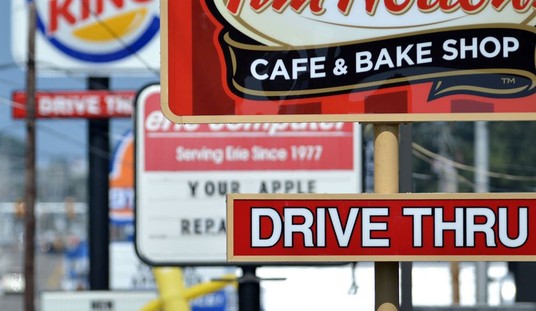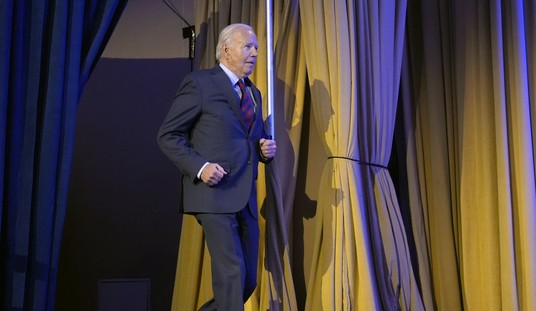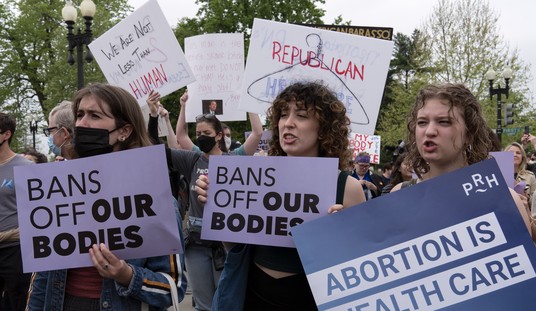
To understand the mess that is Detroit’s public schools (DPS), one must begin in 1994. Facing aging schools in desperate need of repair, voters approved a $1.5 billion bond to fix the long-neglected problem. Unfortunately, the city proposed the bond before they made a plan of action and, once approved, the money sat unused for years; ultimately costing the city more money. Meanwhile parents, fed up with sending their children to dangerous, falling apart schools, abandoned Detroit’s public school system for charter and private schools. After years of mismanagement, the state finally took over DPS in 2000 and appointed Robert Bobb as the emergency financial manager of the school system. The damage, however, had been done and the situation continued to deteriorate along with the schools.
By 2009, teachers were making 14% more than the state average and students were graduating 16% less than the state average. Schools that had been renovated with money from the 1994 bond were closing and being offered up for sale or lease if not demolished. Over 100 schools had closed and over 100,000 students had left the system. To combat what had become an emergency, voters were once again asked to approve a new bond, this time $500.5 million as part of President Obama’s federal stimulus program. According to Steve Wasko, a spokesman for DPS, “The 2009 bond was all about creating 21st-Century learning environments.” Despite old school buildings across the city being left to vandals and enrollment continuing to decline, the city sought to build new schools. Having seemingly learned nothing from their past, schools continued to close while the new schools were being built. Taxpayers in Detroit were left with a debt not scheduled to be paid off until 2040.
In 2011, Michigan Governor Rick Snyder created the Education Achievement Authority (EAA), which allowed the emergency manager to transfer failing schools into Michigan’s Education Achievement System with the hopes of improving them. Soon after, the EAA took over 15 DPS schools. Whether or not the EAA is working depends on who you ask. According to the EAA website, the Michigan Educational Assessment Program (MEAP) test results show that students are making progress in the program. Additionally, under the leadership of Chancellor Dr. John Covington, one local report stated:
During Covington’s time with the EAA, the system was the only school district in the nation awarded the Bill and Melinda Gates Next Generation Innovation Grant for three consecutive years. In the EAA’s first school year (2011-2012), six of the EAA’s K-8 schools scored in the top 20 of 127 schools evaluated for their rate of growth by Excellent Schools Detroit; three scored in the top 6 and one scored in the top 3.
Despite reports of success, many are against the EAA and charter schools. At the recent Netroots Nation convention that took place in Detroit, progressives held a panel discussion on the state of education in Detroit in which the EAA was the chief complaint.
In “The Corporate Takeover of Our Neighborhood Public Schools: A Detroit Case Study”, the panelists began by making very clear their dislike for standardized testing. Panelist Tom Pedroni, of Wayne State University, described tests such as the MEAP test as a “census echo.” In his opinion, test scores do not reliably predict the quality of teachers, how hard students are working or the quality of the administration. Instead, Pedroni believes standardized tests are insidious and only used to close schools, fire teachers, charterize schools and put them into emergency districts like EAA where they get worse. Further, Pedroni claimed that schools in Detroit were fine before the state took over citing a surplus of money and rising test scores.
Other panelists, Sherry Gay-Dagnogo, Brooke Harris and State Representative Ellen Lipton echoed Pedroni’s distaste for tests. Harris, a known activist against the EAA who was previously fired from her teaching position in Michigan, added her opinion on the Buzz program – a computer tool provided by the state that students could use to assist in learning. She complained that the professors on the program were white and didn’t look like her or her students and that the program didn’t work. Despite the state releasing positive results from Buzz, Harris said she doesn’t believe that students can achieve two years of proficiency in one year. In other words, she believes there is a limit to what students can learn so the state must be lying about the test results of Buzz.
Rep. Lipton, another outspoke opponent of the EAA, focused on the claim that the EAA had wrongfully dropped 800 students from the special education program. Although Chancellor Covington responded last year to that accusation, Lipton remains unconvinced. She, along with online progressive site Eclecta Blog, also claim that special education students are abused by teachers and staff. Once again, while Covington investigated and reported on their claims, they refuse to believe the results. In addition, instead of blaming the teachers and staff they believe abuse students, Lipton and Eclecta Blog blame the EAA.
For her part, Sherry Gay-Dagnogo, who is running for State Representative, made a tear-filled campaign speech in which she compared their plight to David and Goliath.
The never-ending chaos of DPS is a prime example of why school choice is necessary. Among all the bickering over the EAA, there are thousands of students in Detroit that deserve safe school buildings with teachers who believe in them. Charter schools have given students that chance. According to Nina Rees, President and CEO of the National Alliance for Public Charter Schools:
Stanford University’s Center for Research on Education Outcomes found that students attending charter schools in Michigan gain an additional two months of learning in reading and math compared to district school students. For charter students in Detroit, it’s an extra three months. Furthermore, in Flint, Lansing and Detroit, charter school students outperformed students in district schools in almost every subject on the 2012-13 MEAP.
It comes as no surprise that proponents of public school are fighting hard against charter schools in Michigan. While they claim charter schools have no accountability, the test results tell a different story; which explains why the Netroots panel spent so much time disparaging tests. Students in charter schools are making strides and, focused only on their ideological beliefs, public school supporters are scared of who may be held accountable next.














Join the conversation as a VIP Member